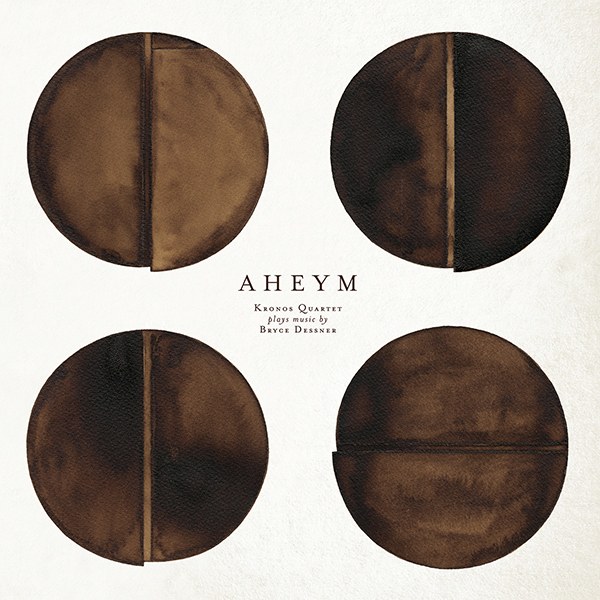 The first volume of this series—whose wide release happened back in 2000—was an unexpected favourite of mine. Opinion often seemed split on whether it was an heir to Wendy Carlos or an entry-level muzak update of Hooked On Classics, but there was something about Orbit's unfussy electronic takes on classical pieces that really resonated with me (despite strong initial skepticism, I might add).
The first volume of this series—whose wide release happened back in 2000—was an unexpected favourite of mine. Opinion often seemed split on whether it was an heir to Wendy Carlos or an entry-level muzak update of Hooked On Classics, but there was something about Orbit's unfussy electronic takes on classical pieces that really resonated with me (despite strong initial skepticism, I might add).
For starters, his love and reverence for the pieces was obvious—there was little attempt to add a throbbing techno pulse or glitchy hip hop break to the tracks. On some pieces, like the opener of Samuel Barber's "Adagio For Strings", it took a while to tell that it wasn't an orchestra. And even when he did go for a sound more obviously electro (as on Beethoven's "Triple Concerto"), the effect was tasteful and gorgeous in its own right. But that was Volume One...
This second time around, Orbit is much more comfortable with the idea of introducing elements from his own past as a storied house and dance producer (Madonna's Ray of Light, Blur's 13, the Strange Cargo series, etc.). Elgar's "Nimrod" bubbles and percolates like a pot on the edge of boil, driven forward by a gurgling bass line. Similarly, Grieg's "Peer Gynt" could easily be remixed to back a dark Kylie Minogue pop cut. Pieces such as Bach's "Arioso" and Faure's "Paradisum" hold truer to the original volume, but Orbit is definitely putting a heavier foot forward than previously. If Volume One was bringing modern technology into the past, Volume Two is much more about the album's titular ambition of bringing older pieces of music into a modern context.
If this sounds like something you'd hate, guess what? You probably will. I can't pretend for a second that what Orbit is doing here won't be seen by many as awful at best and sacrilege at worst. But again, despite the fact that I can see myself buying pants and drinking martinis to this album, I find myself inexplicably drawn to it. Perhaps it's because it so directly challenges the discrepancies between my pleasure centers and my taste centers (i.e. I like even though most of my 'critical' faculties tell me not to). Maybe it's because the more I listen to it, the better it gets. And besides, at its best, such as on Vaughan Williams' "Lark" or Tchaikovsky's "Swan Lake", Orbit offers a unique opportunity to see well-established pieces in an entirely new light—not to mention one that isn't solely based on making Nutcracker excerpts sound 'funky' to try and hawk cheesy Christmas gifts. Once again, Orbit dances on a knife's edge and manages to come out quite unscathed. Well played.
 Friday, October 2, 2015 at 10:00AM
Friday, October 2, 2015 at 10:00AM  "One of Britain's leading contemporary composers has written what is thought to be one of the longest single pieces of classical music ever to be recorded. SLEEP is eight hours long, and is actually and genuinely intended to send the listener to sleep.
"One of Britain's leading contemporary composers has written what is thought to be one of the longest single pieces of classical music ever to be recorded. SLEEP is eight hours long, and is actually and genuinely intended to send the listener to sleep.




















